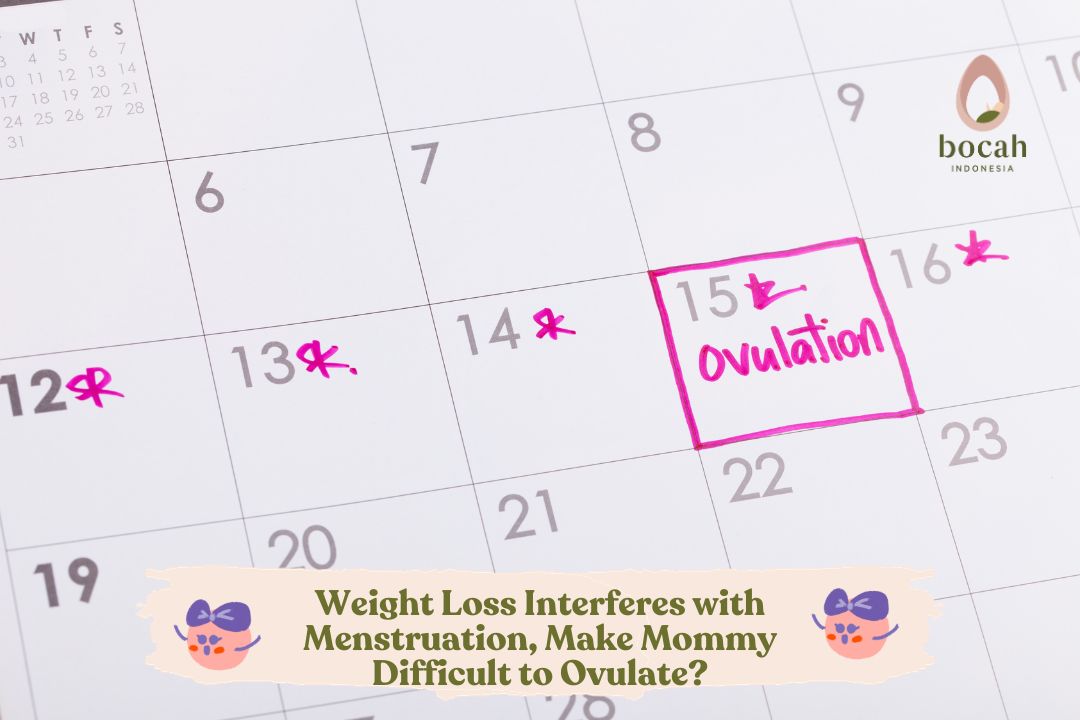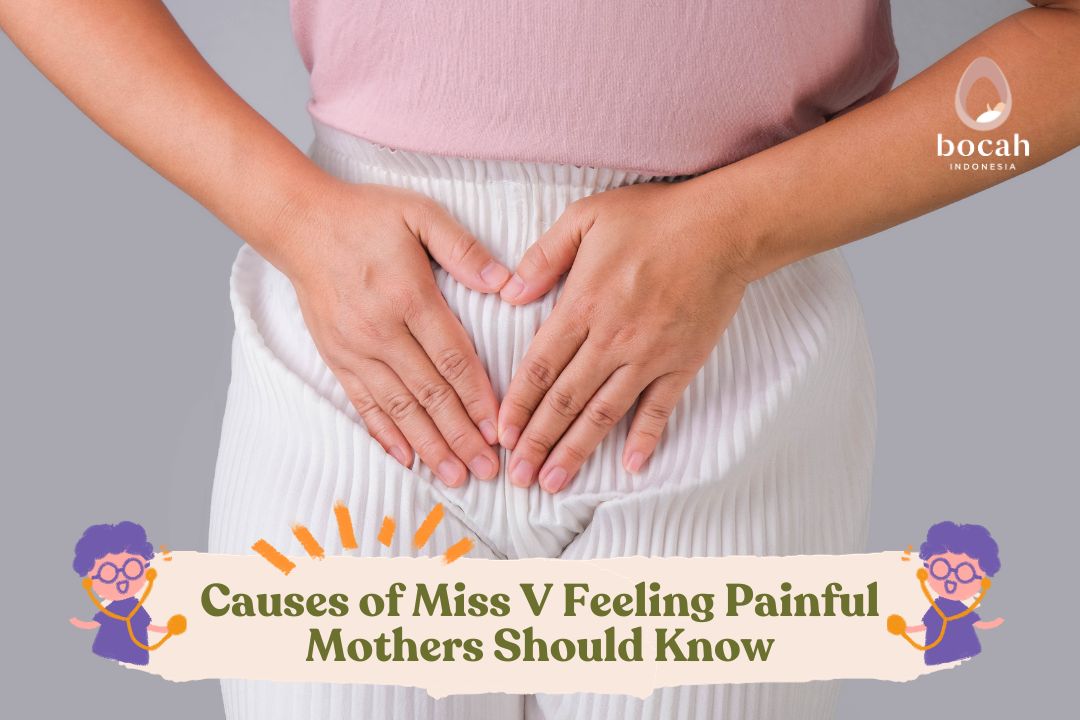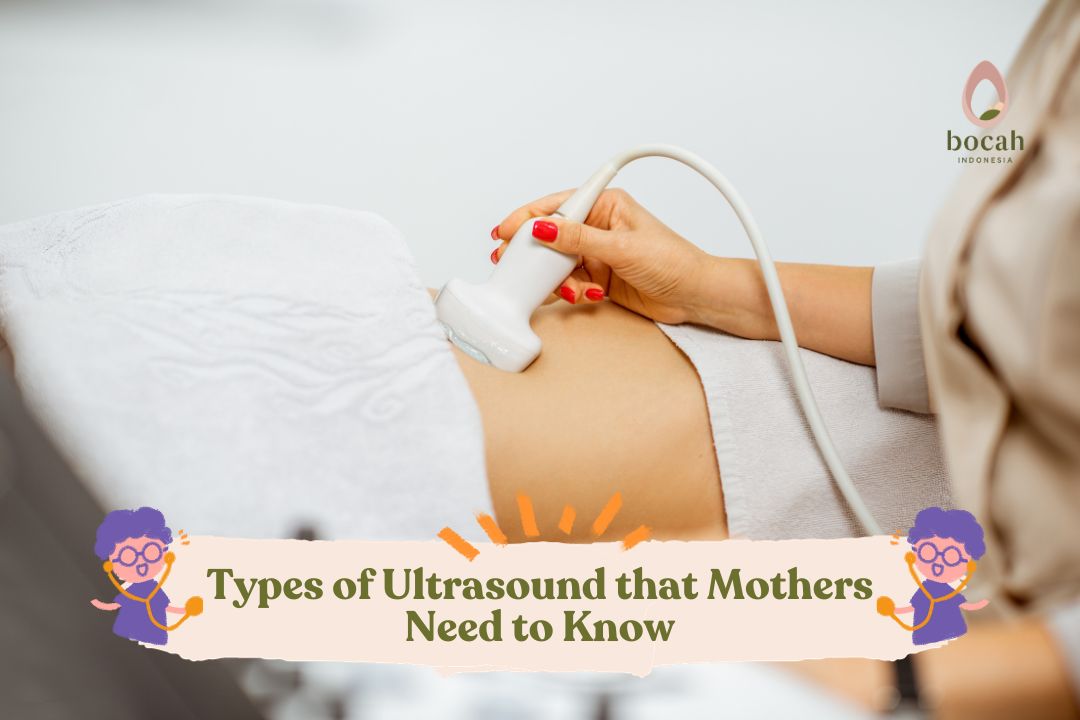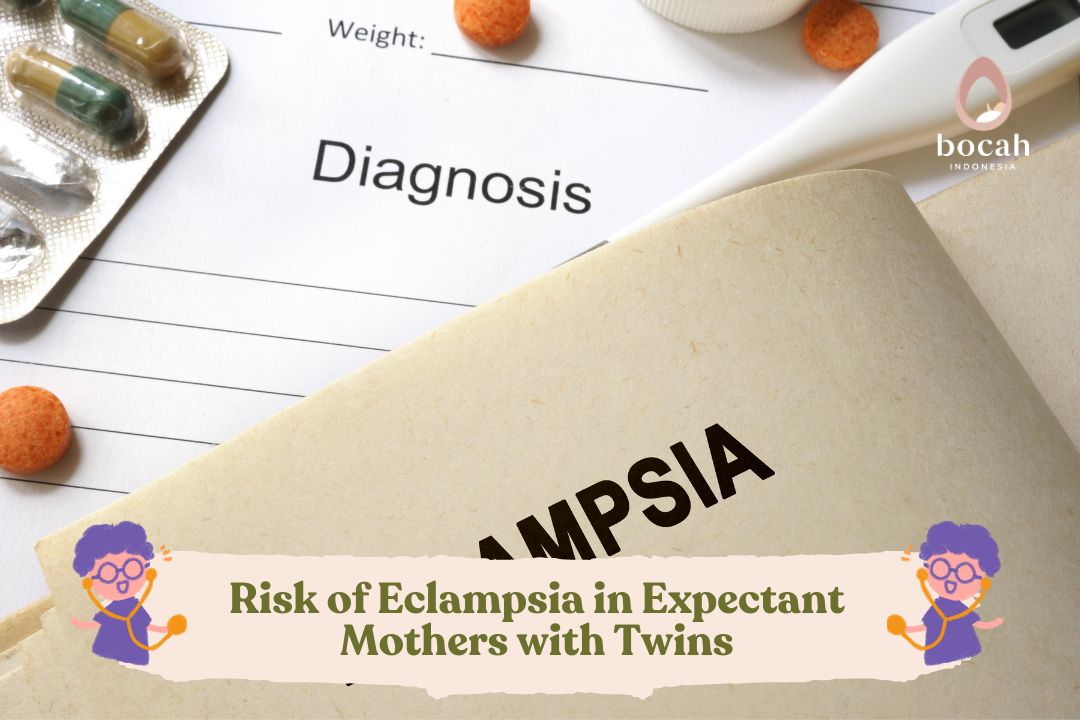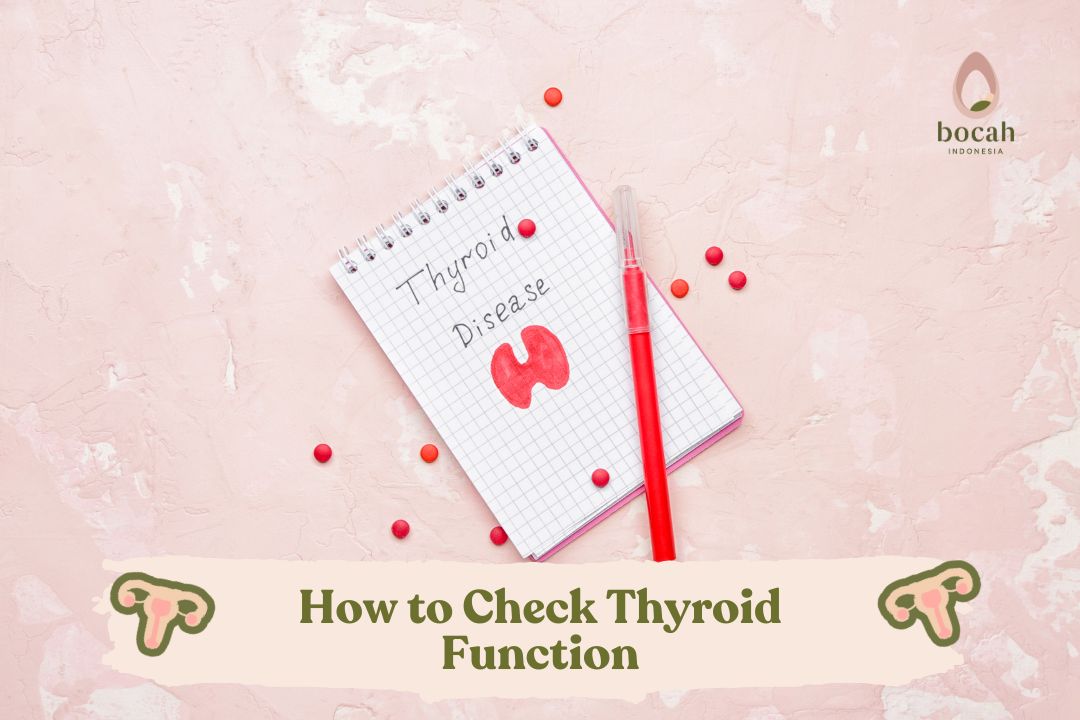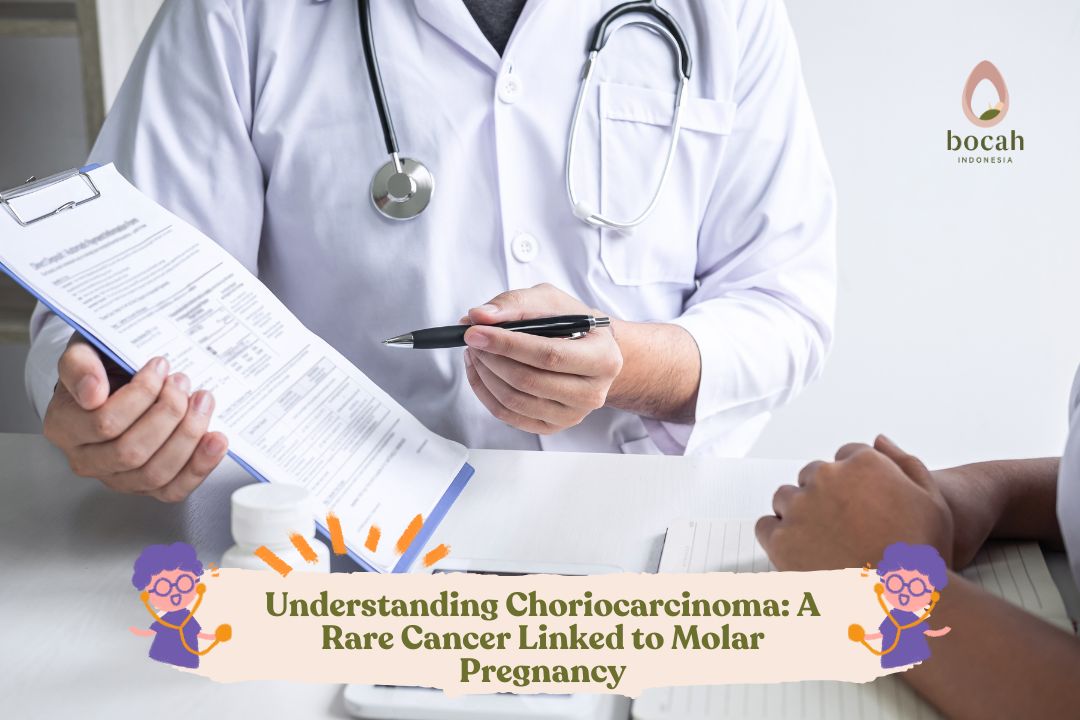Placental Calcification: A Pregnancy Complication That Concerns Mothers
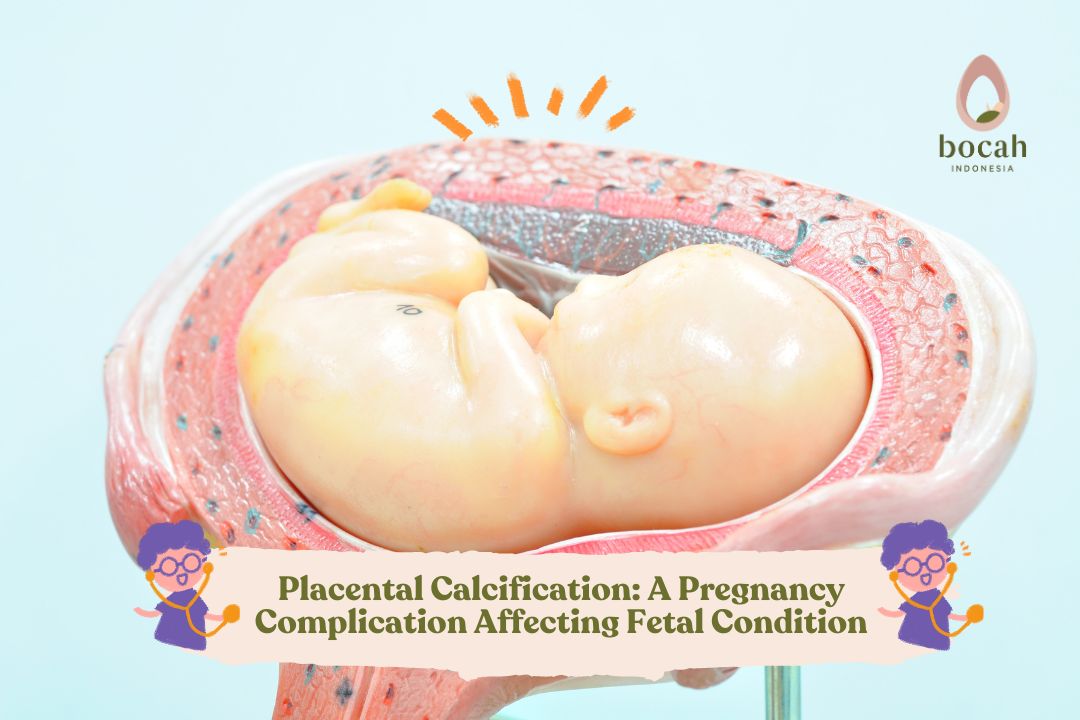
Placental calcification is a pregnancy complication that can affect fetal health.
Are mothers aware of the various pregnancy complications? One of them is placental calcification. Without immediate and proper treatment, this condition can lead to inhibited fetal growth and even stillbirth. Many expectant mothers might not be familiar with this complication. Let’s delve into a more detailed explanation.
What is Placental Calcification?
Placental calcification is a condition characterized by calcium build-up in the placenta, causing the placental tissue to gradually harden. This is part of the natural aging process of the placenta during pregnancy. Placental calcification is a common condition in expectant mothers approaching their due date.
The placenta in pregnant women plays a role in supplying oxygen and nutrients, which are essential for the fetus while in the womb.
Furthermore, the placenta functions to protect the fetus from potential viruses or germs that may affect the mother’s body.
Tanya Mincah tentang Promil?
The health of the placenta is crucial as it influences fetal growth. Any disturbances to the placenta during pregnancy can have adverse effects on the baby’s development.
When Can Placental Calcification Occur?
Placental calcification is a pregnancy complication that can begin as early as the 12th week of gestation. This condition can develop and change throughout the course of pregnancy.
The stages of placental calcification range from stage 0 to stage 3, as follows:
- Stage 0: occurs before the 18th week of pregnancy
- Stage 1: occurs between weeks 18-29 of pregnancy
- Stage 2: occurs between weeks 30-38 of pregnancy
- Stage 3: occurs around the 39th week of pregnancy
What Causes Placental Calcification?
The exact cause of placental calcification remains unknown. However, several factors, ranging from environmental factors such as radiation, the body’s reaction to medications, to genetic factors, might contribute. It may also be caused by bacterial infections.
Risk factors for placental calcification include:
- First pregnancy
- Smoking during pregnancy
- Pregnancy at a young or teenage age
Although placental calcification might be a normal occurrence, it can be concerning if it happens too early in the pregnancy, as it could lead to further complications.
What are the Symptoms of Placental Calcification?
Placental calcification can be identified by the appearance of white spots spreading from the base to the surface of the placenta. These white spots are a common symptom among pregnant women. Typically, this condition is identified during an ultrasonography (USG) examination.
The placenta undergoes changes as the pregnancy progresses to support the baby’s growth. Calcification can occur during these changes.
What are the Risks of Placental Calcification Complications?
While placental calcification is a normal occurrence, it can indicate health disturbances that might affect the fetus. The complications can vary, and they might arise either during pregnancy or in the third trimester.
The following are the risks based on gestational age:
- 28-35 weeks: Early placental calcification can be categorized as a high-risk pregnancy, known as premature placental calcification. If it occurs at 32 weeks, it can lead to various complications like placental abruption, bleeding during delivery, and premature birth.
- 36 weeks: At this stage, it can increase the risk of high blood pressure in pregnant women. Another potential risk includes giving birth to a low-weight baby.
- 37-42 weeks: At this age, pregnant women are also susceptible to placental calcification. The impacts can differ depending on when it’s detected, its severity, the overall pregnancy condition, and the treatments provided by the obstetrician.
How to Prevent Placental Calcification in Pregnant Women?
Don’t worry, this pregnancy complication can be prevented. Even though the exact cause is still unknown, maintaining health during pregnancy is the best way to reduce the risk of placental disturbances and other complications.
During pregnancy, make sure to fulfill balanced nutritional needs for both mother and fetus. Remember, it’s advised not to smoke during pregnancy. Adopt a healthy lifestyle and regularly exercise tailored for pregnant women.
That concludes the information related to placental calcification. If you wish to learn more about pregnancy and fertility programs, explore other articles on Bocah Indonesia.



